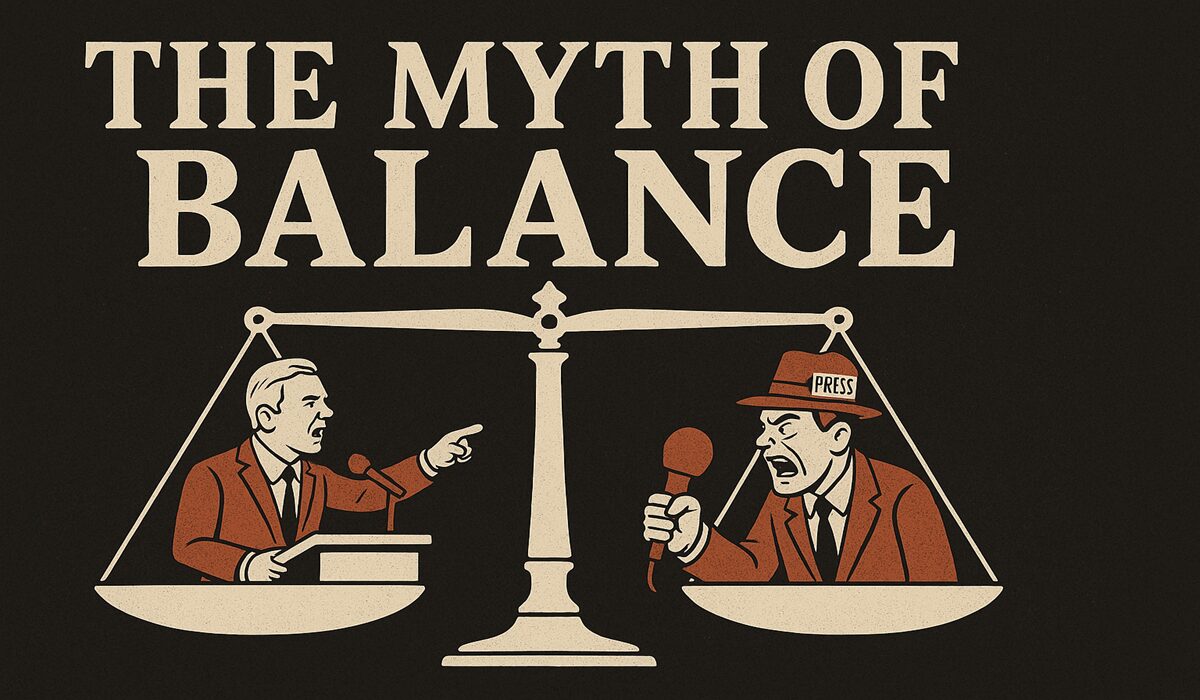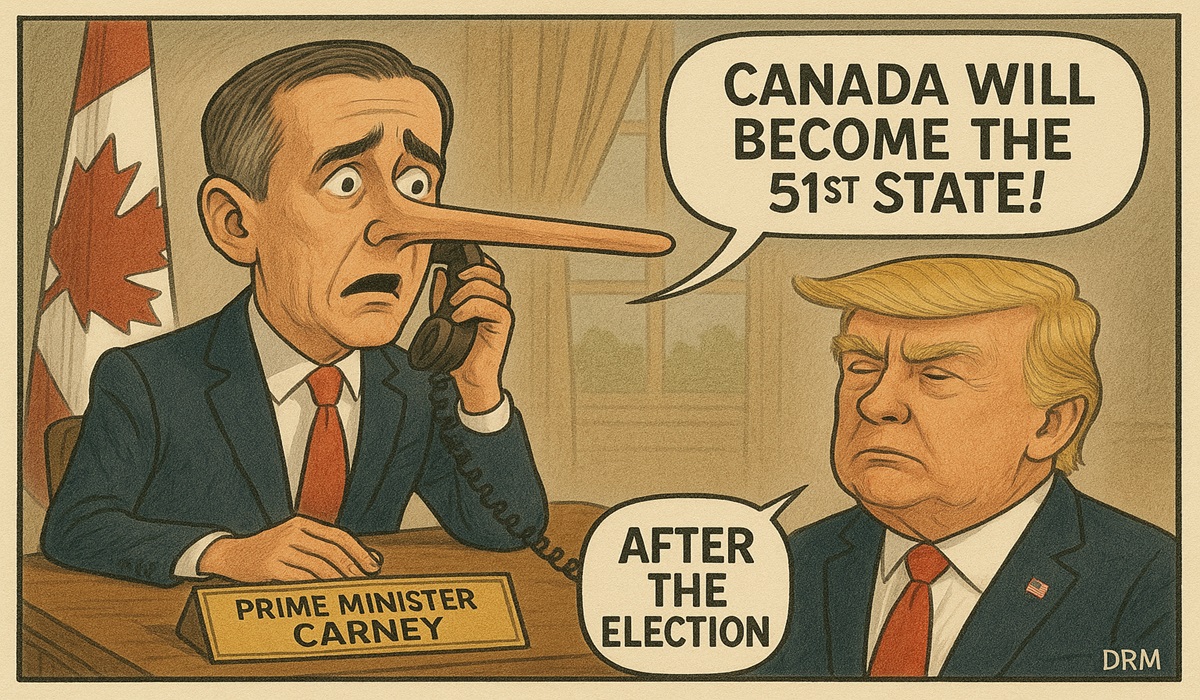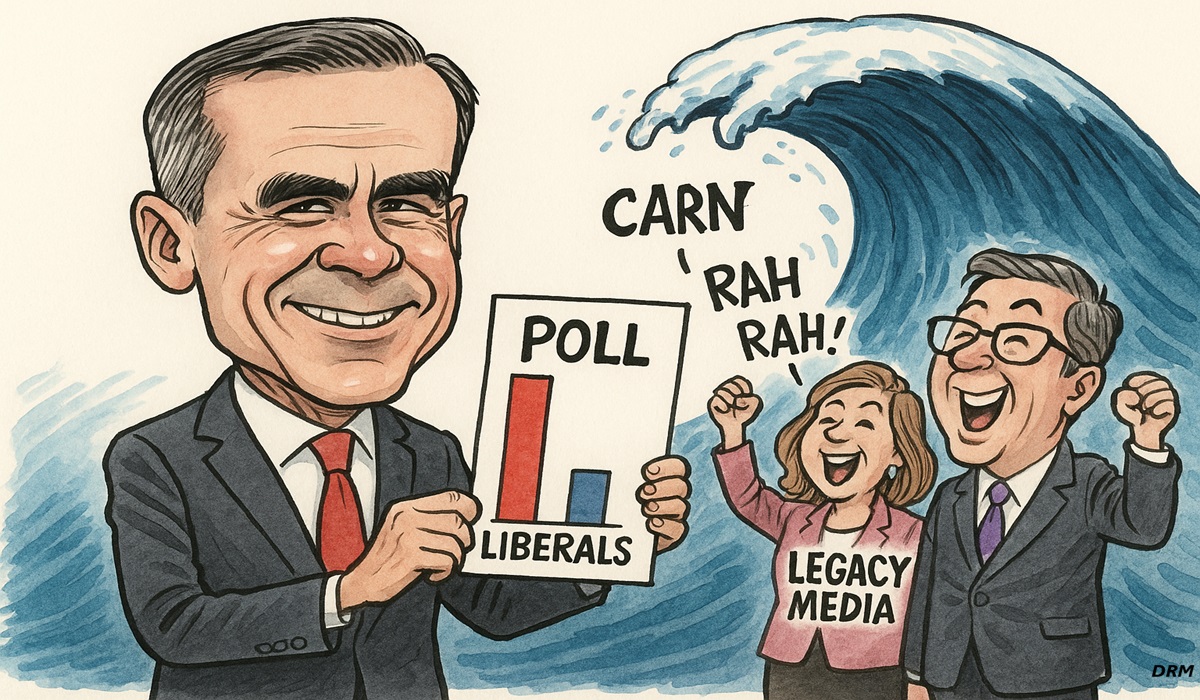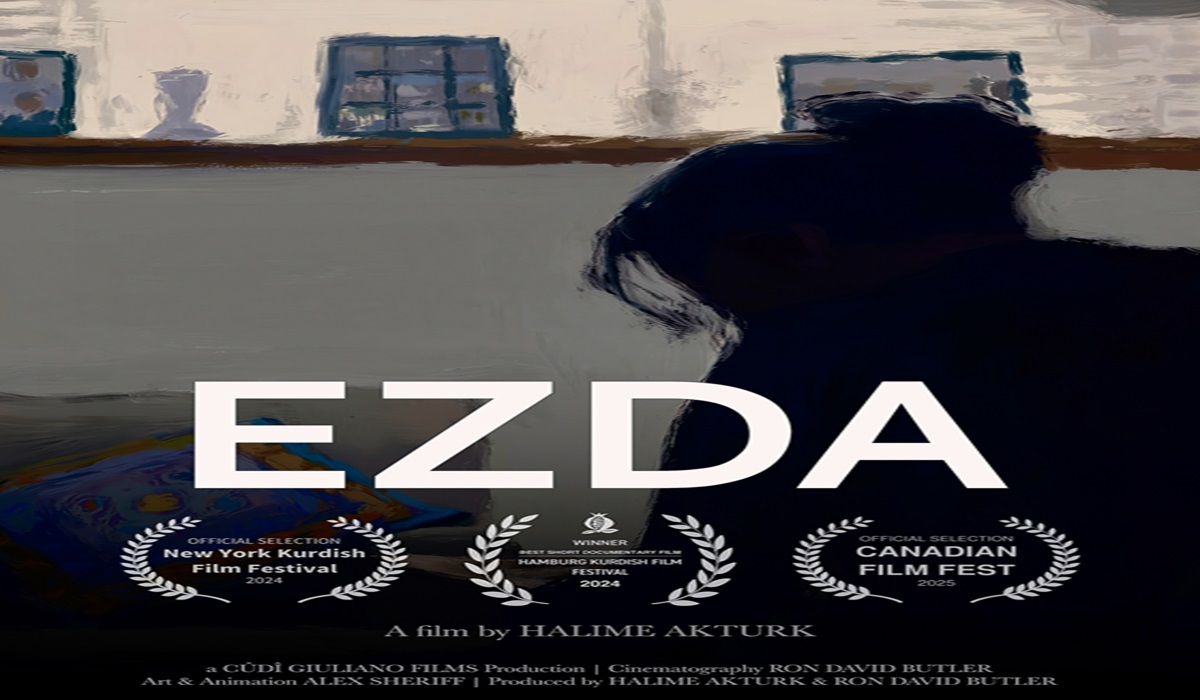Banning and Burning Books: A Historical Practice In Futility, Political Motivated
- Naomi Dela Cruz
- D.O.C Supplements - Trending News
- Literature
- Southern USA
- April 24, 2023

Throughout history, there have been numerous instances of book burning, a practice that involves destroying books through fire or banning them by removing them from shelves or being taught. While some books with appalling content are harmful to society, banning or burning them is a controversial topic that raises many questions about the role of censorship and its impact on society.
In the Middle Ages, books written by heretics were burned by the Catholic Church. In the early modern period, the Spanish Inquisition burned books considered blasphemous or critical of the Church. During the Nazi regime in Germany, thousands of books were burned, including those written by Jewish authors, communists, and socialists. And most recently, Florida Governor Ron DeSantis has recently signed a bill banning the use of certain books that discuss critical race theory, slavery, and LGBTQ issues in schools.
Educators, activists, and lawmakers have criticized the move as an attempt to censor education and rewrite history. Many have seen the ban as a political maneuver by DeSantis, who is rumoured to have his eyes set on the US presidency. Critics argue that this move is an attempt to appeal to conservative voters and gain political favour at the cost of accurate and inclusive education for Florida’s students.
The purpose of book burning has varied throughout history, but it has typically been used to suppress dissent and control information. In many cases, book burning or banning has been motivated by political or ideological reasons rather than a desire to protect society from harmful ideas.
Furthermore, the practice of book burning is often associated with oppressive regimes that seek to control and manipulate their citizens by restricting access to information and ideas. One of the most infamous examples of this is the Nazi regime in Germany, which burned books deemed “un-German” or “subversive” in the 1930s. This was done to control the narrative and ensure that only the views and ideas of the Nazi party were disseminated among the populace.
Similarly, in the Soviet Union during the Stalin era, books deemed to be critical of the government or communist ideology were also banned and burned. This practice was intended to ensure that only government-approved ideas were disseminated and to prevent dissenting voices from gaining traction.
The idea of burning books has also been used to punish authors or thinkers who dare to challenge the status quo or speak out against oppression. For example, the Iranian government has burned books by authors such as Salman Rushdie and even put out a fatwa against him for his book “The Satanic Verses.”
Despite its history of political motivations, book burning has been used in some instances to protect society from harmful content. For example, books that promote hate speech or violence can be seen as a threat to social harmony and stability. In these cases, censorship and book banning may be seen as necessary to protect society from harmful ideas.
However, the notion of book burning is highly problematic because it is often used to suppress dissenting views and control information. It is a form of censorship that denies people access to information and ideas which is essential for learning and growth. Moreover, it is important to remember that history has shown that banning or burning books is not an effective means of eradicating harmful ideas. Rather, engaging with those ideas, critically analyzing them, and providing counter-arguments is more effective.
Furthermore, the act of burning books has a symbolic impact on society. It sends a message that dissenting views will not be tolerated and that the ruling regime has absolute power over what people can and cannot read. This has a chilling effect on freedom of expression and stifles critical thinking and intellectual inquiry.
Moreover, in the digital age, controlling the dissemination of ideas has become increasingly difficult. Social media platforms and the internet have made it easier than ever before for people to access and share information, making it almost impossible to ban or burn books completely. Attempting to do so only leads to more polarization, as people who feel their ideas are being suppressed become more extreme in their beliefs.
Book burning and censorship are complex, and there are no easy answers. However, it is clear that burning and banning books serve no real purpose other than to promote political agendas and suppress dissenting views. Society must learn from history and recognize that censorship only perpetuates ignorance and intolerance. Rather than banning or burning books, we must engage with difficult ideas and learn from our history to ensure we do not repeat the same mistakes.
The question remains, why do people resort to burning books in the first place? One reason is fear. When individuals or groups feel threatened by ideas that challenge their beliefs or values, they may burn books to suppress those ideas and protect their worldview. Additionally, book burning may be used to gain political power or advance a particular agenda.
While it is true that some books contain harmful or offensive content, banning or burning them is not the answer. Instead, we should use these books as a means to learn from the past and to prevent similar atrocities from occurring again in the future. In the case of offensive or harmful books, we should approach them critically and use them to educate ourselves on the history of oppression and discrimination.
Moreover, it is important to acknowledge that the act of burning books is harmful not only to society but also to the individual who engages in it. By suppressing ideas and limiting access to information, we are depriving ourselves of the ability to grow and learn as individuals and in society.
Book burning and banning is a dangerous and counterproductive practice that has no place in modern society. While it may be tempting to ban or burn books that contain offensive or harmful content, doing so only perpetuates a cycle of ignorance and intolerance. Instead, we must approach these books critically and use them as an opportunity to learn from our past mistakes and create a more just and equitable future for all.








